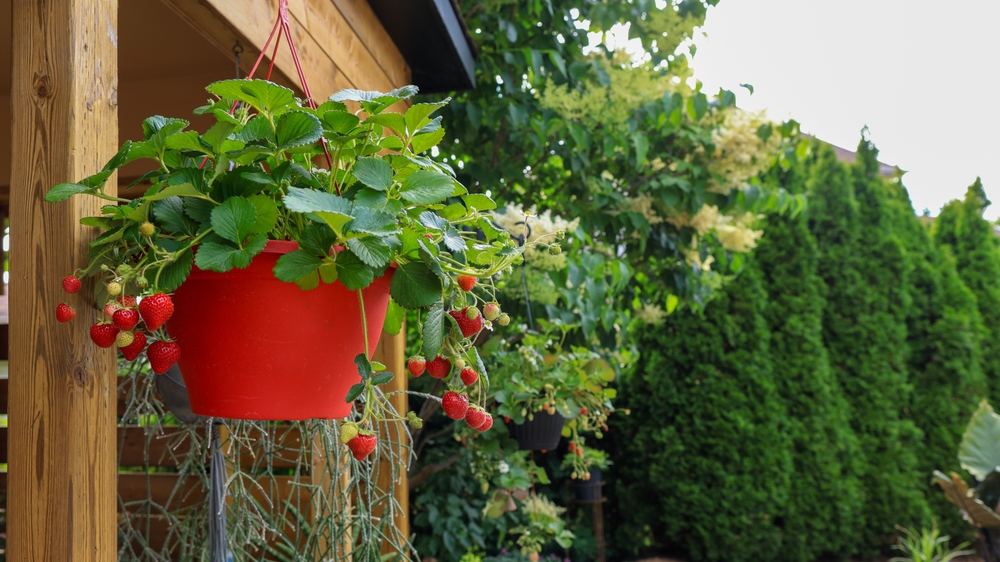
5 Easy Ways to Grow Gorgeous, Full Hanging Baskets
Get ready to have the most beautiful hanging baskets! We’ve talked about hanging baskets before, and how could we not when they are so popular

Get ready to have the most beautiful hanging baskets! We’ve talked about hanging baskets before, and how could we not when they are so popular
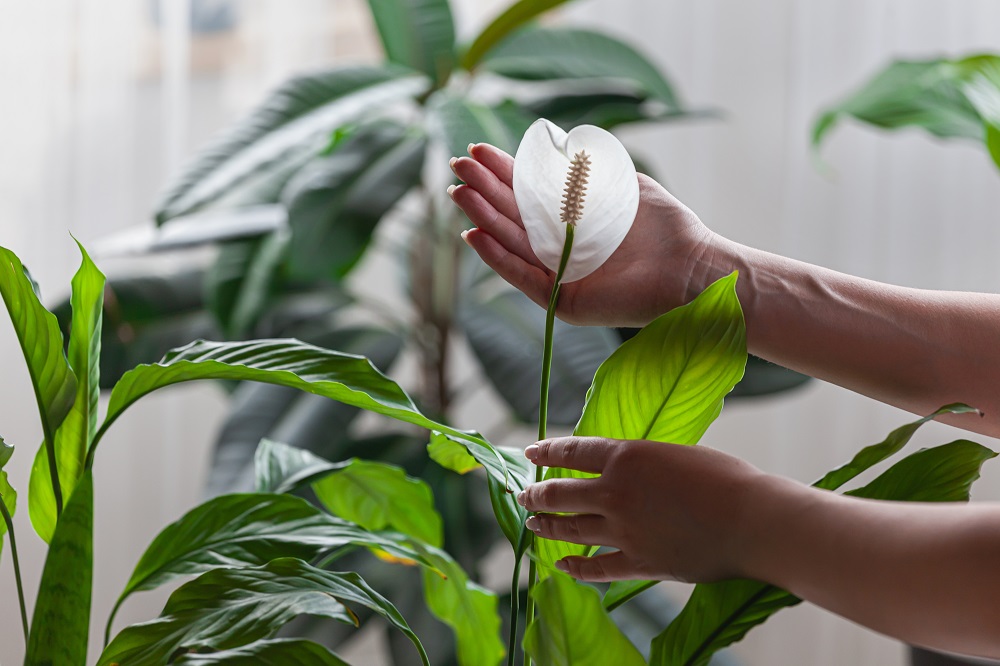
These are some toxic houseplants that you should never keep in your home, and some of their safer alternatives: Hello again! I’m Madison, your fellow

If you’re looking for the best plants that thrive in full sun, keep reading! Do you find it tricky to choose plants that can handle
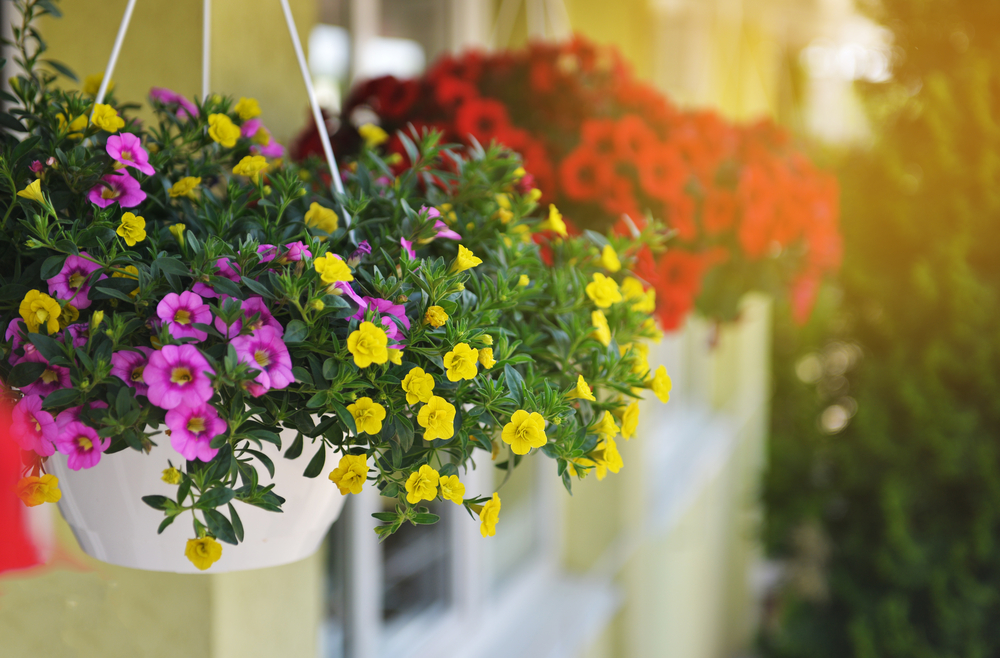
Avoid these hanging basket mistakes if you want to have beautiful blooms all season long! Adding a couple of hanging baskets to your outdoor area
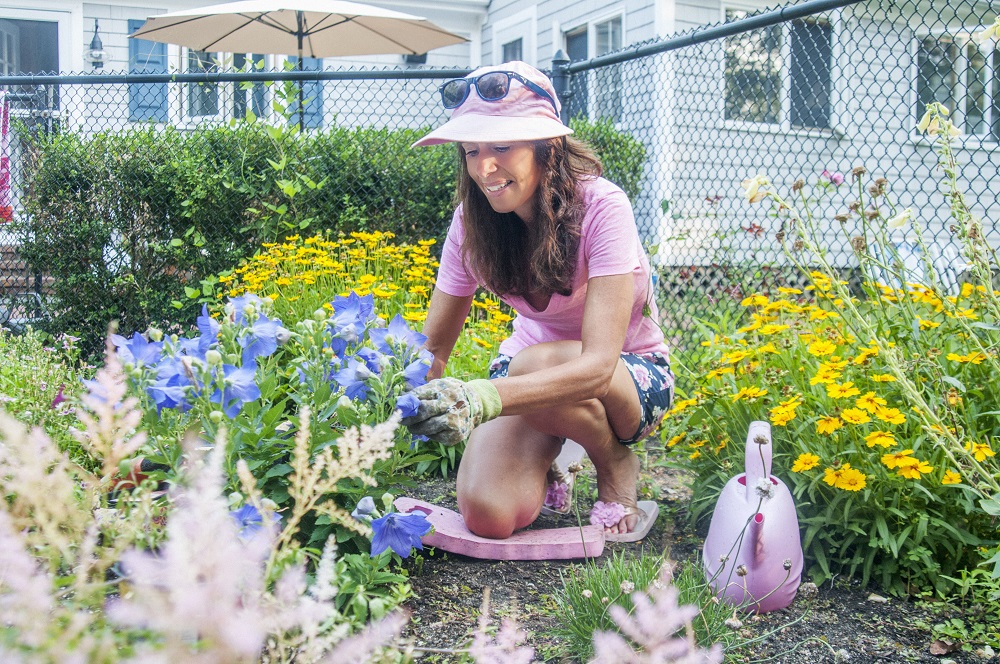
Are you from Virginia? Then you’re going to love these easy-to-grow plants for Ashburn gardeners! As a plant lover myself, I gotta tell you that
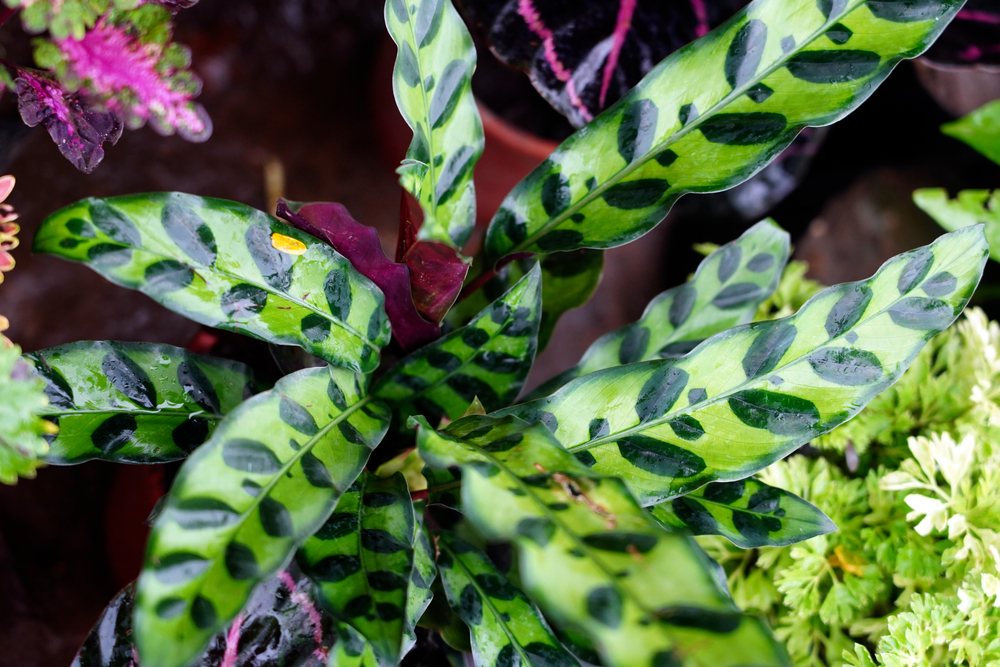
These 10 SMALL Houseplants Have a BIG Impact! Have you always wanted a small oasis in the comfort of your home but think you lack
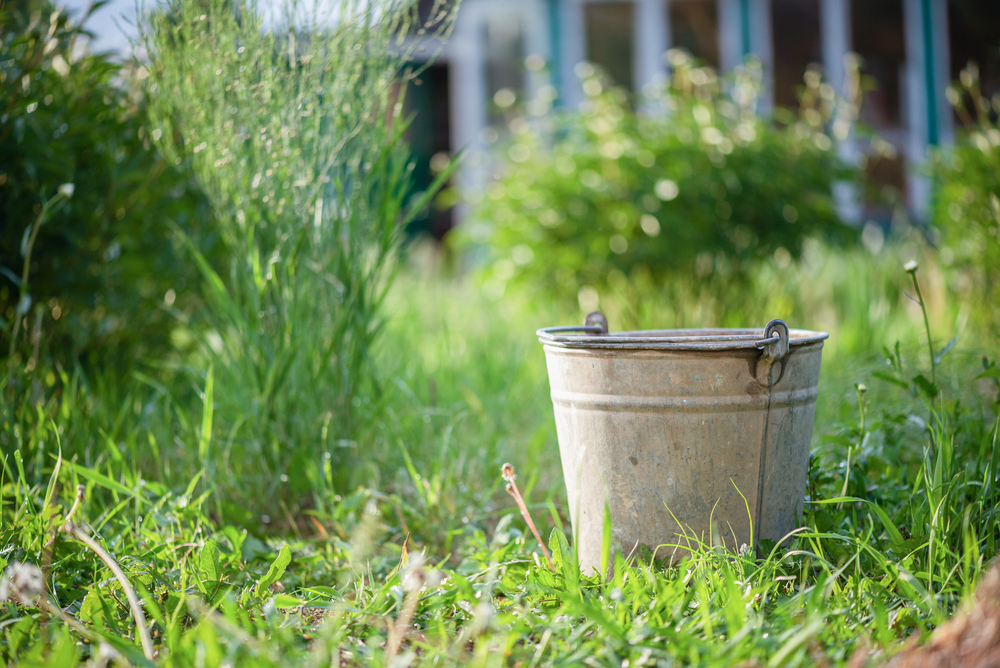
These things should never be kept outside in your yard! You finally have the yard of your dreams. This is wonderful! You are now able
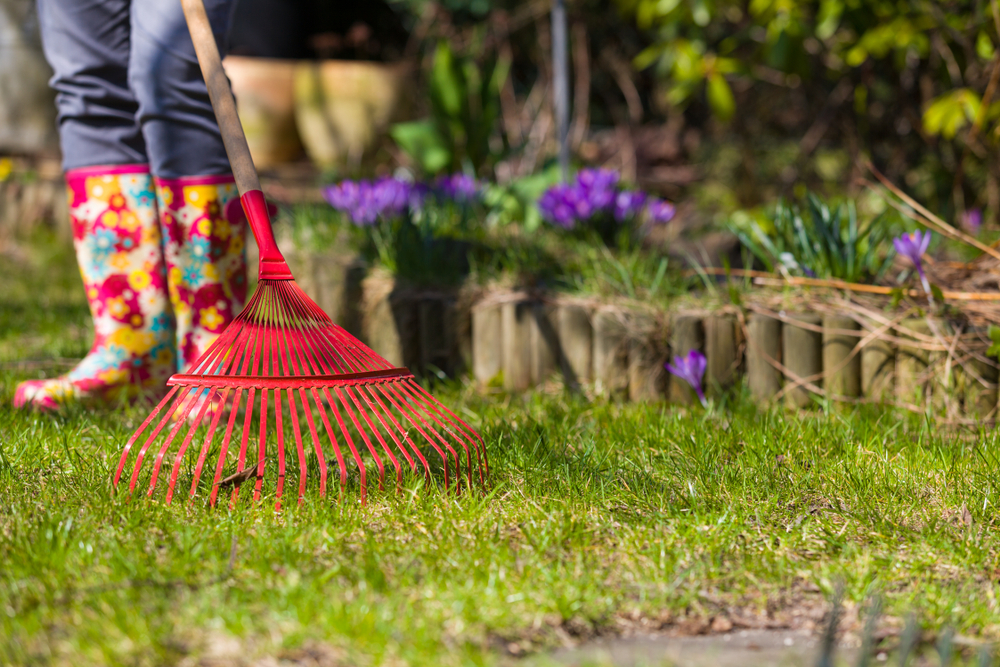
Are You Tired of Looking at a Messy Yard? Here’s the Complete Spring Cleanup Plan to Restore Its Beauty Ah, spring! Isn’t spring the best
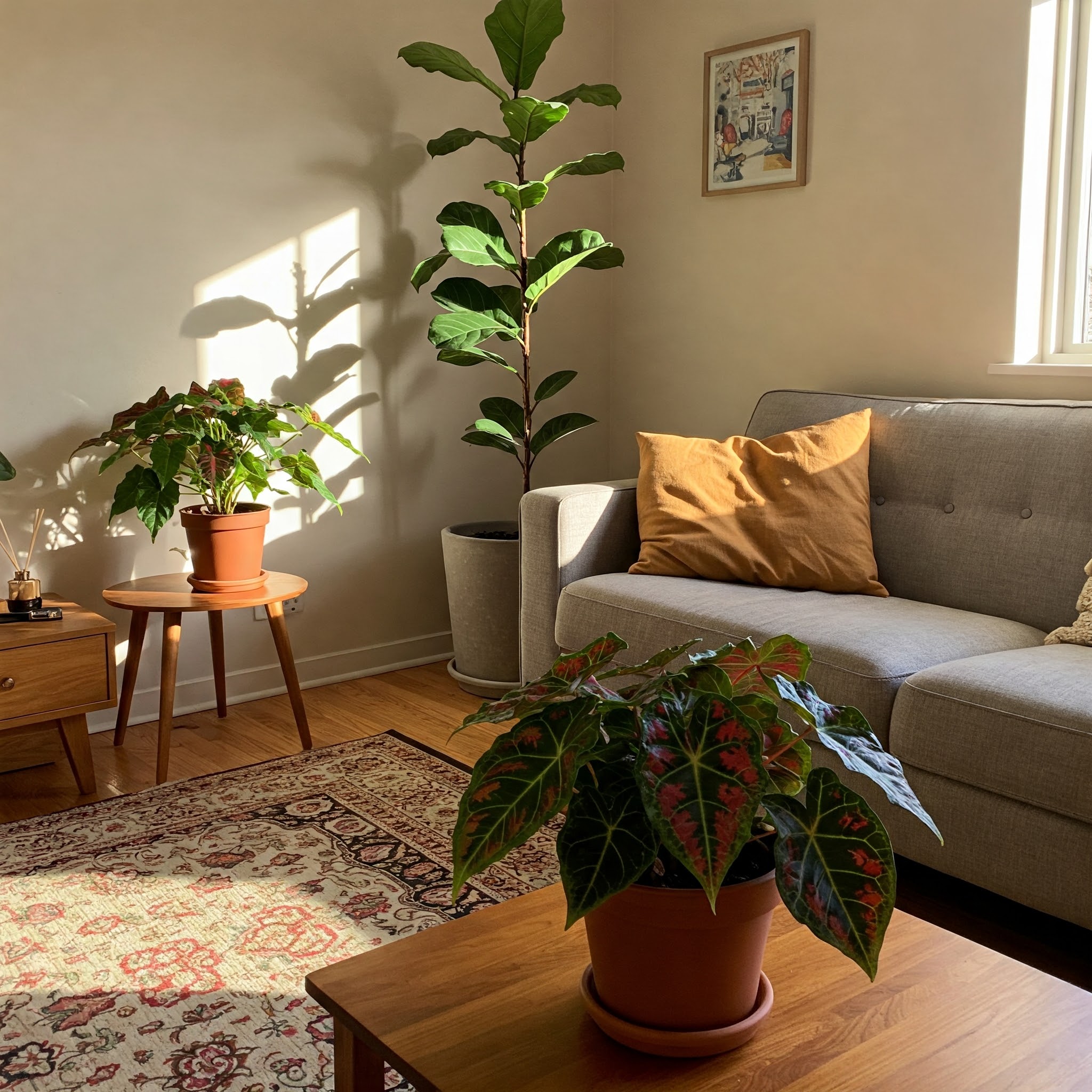
Do you want to make your home look even more stunning? Then you have to check out these fabulous houseplant combinations! I grew up in
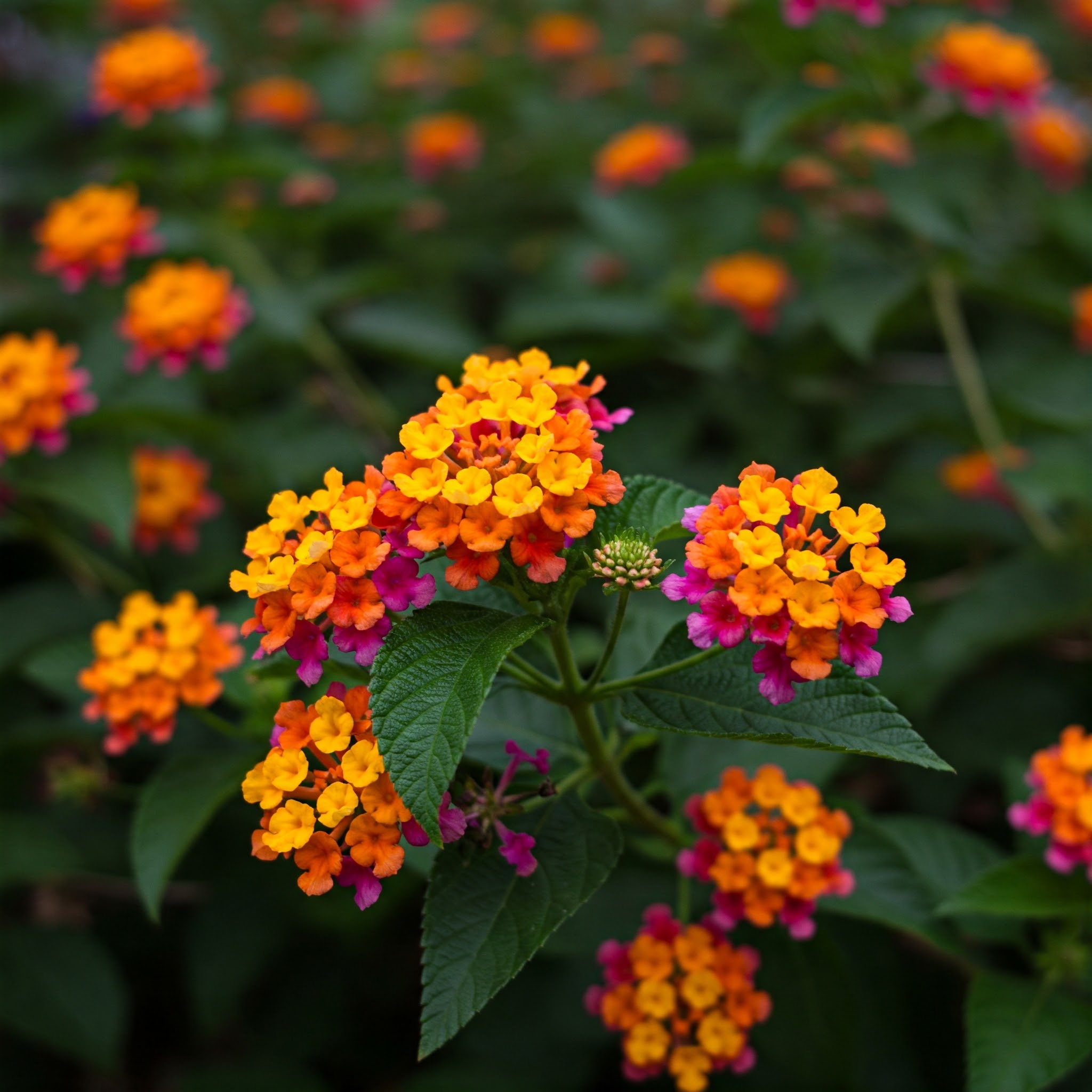
Do you have poisonous plants in your backyard? While we think wild animals and sharp rocks can be dangerous, we often forget about poisonous plants.
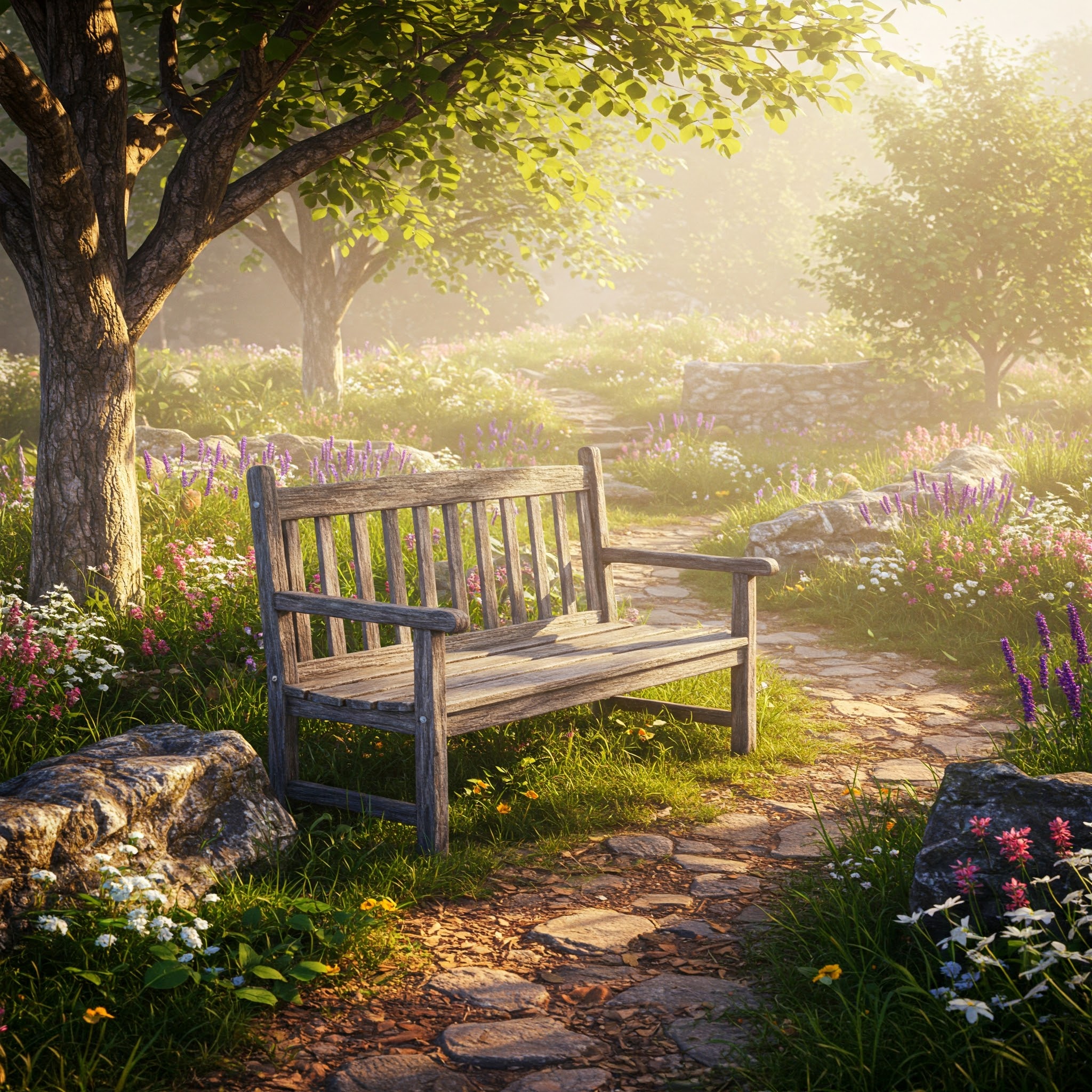
If you want to transform your space, you’ll fall in love with these rustic garden design ideas! Let’s do an exercise together: Close your eyes,
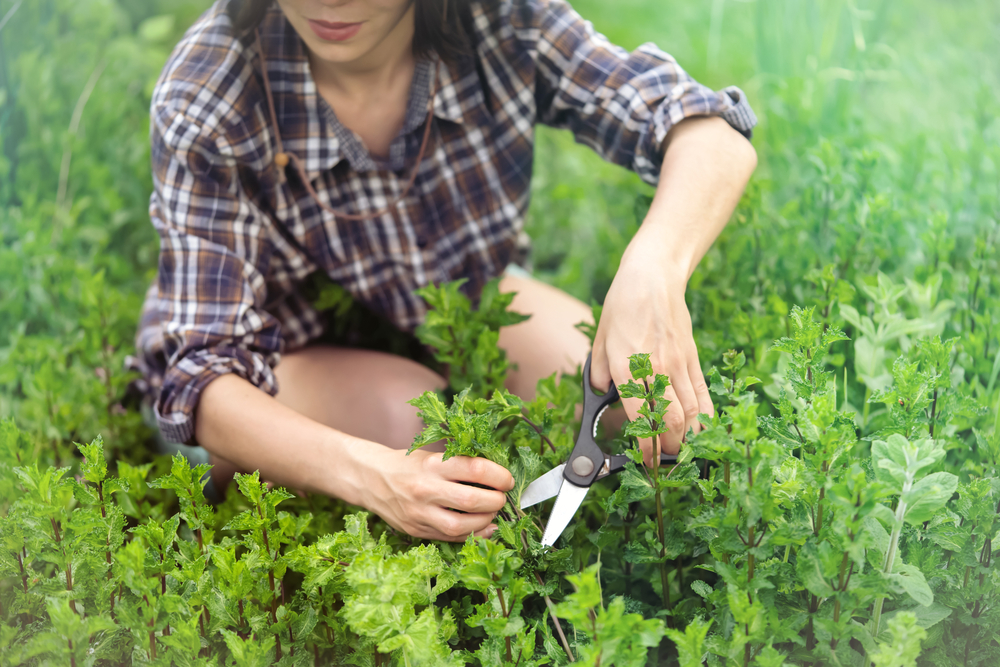
Grow some of these delicious plants for a perfect blend of herbal tea! Doesn’t a hot cup of tea sound comforting on chilly days? In
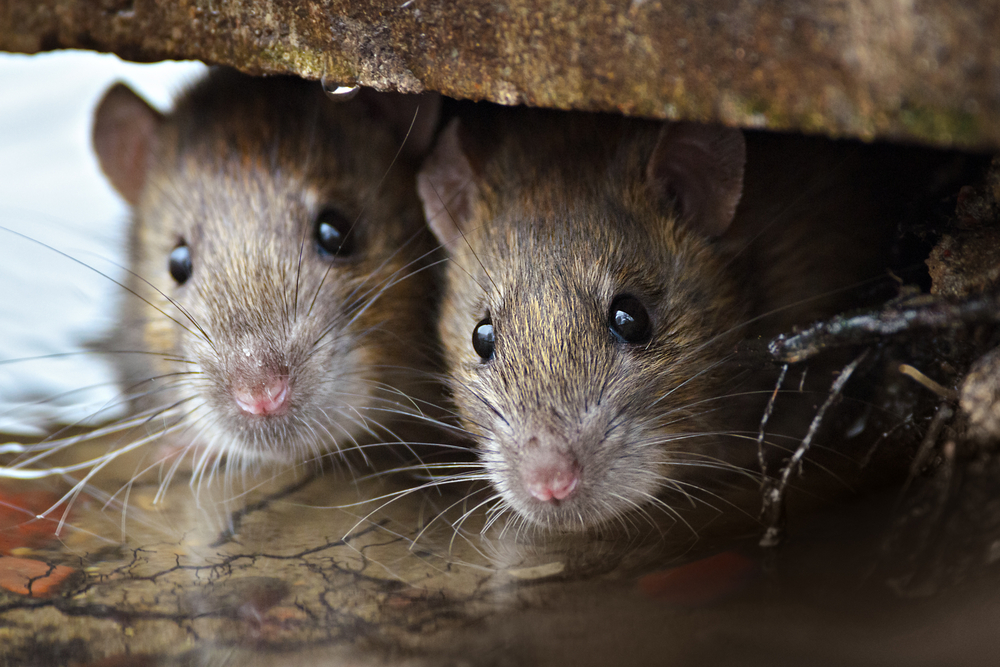
Can’t Stand Mice in Your Garden? Try These Proven Tricks! There’s one thing I love more than my morning coffee: my backyard garden. Over the
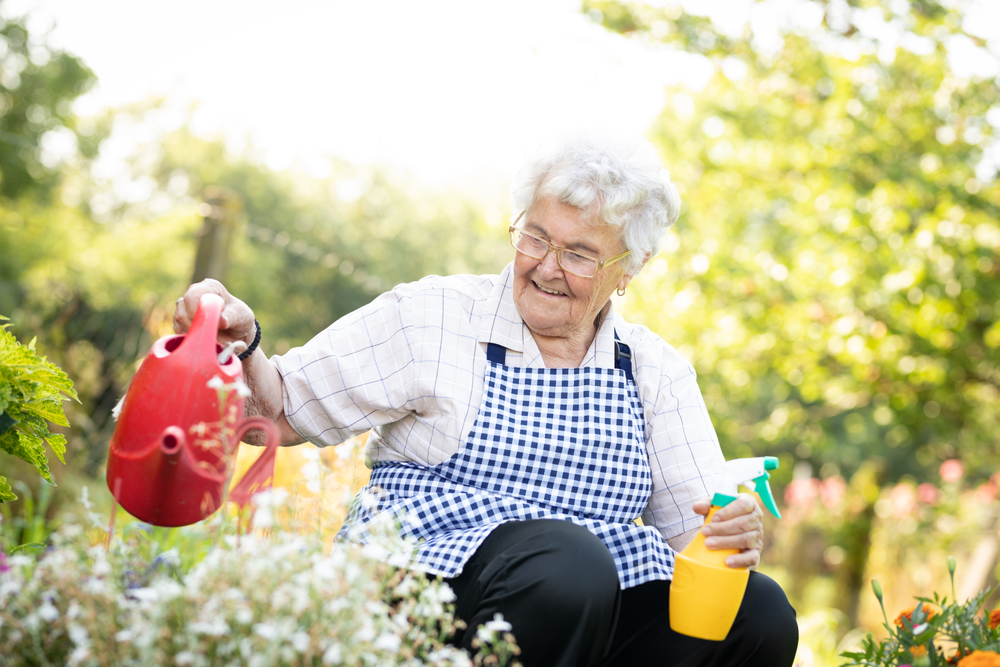
What Gardening Tools Would Grandma Swear By? Here’s THE List! When I was a little girl, I thought my grandma’s garden was magical. Her calloused
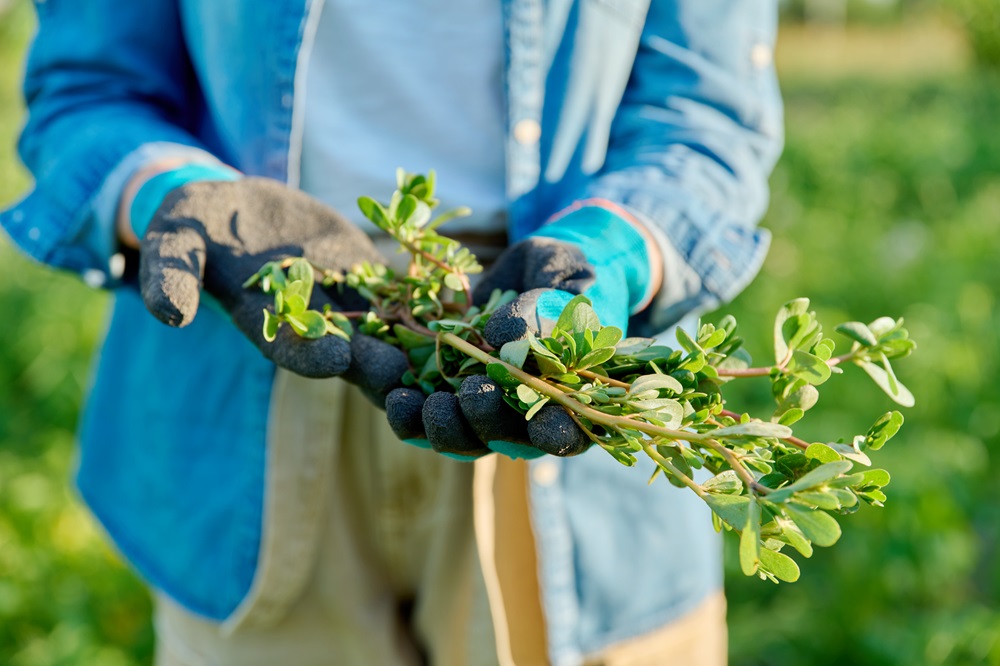
Sure, you’ve always tried to eradicate this weed from your backyard… But there are many purslane benefits you’ve been missing out on! When it comes